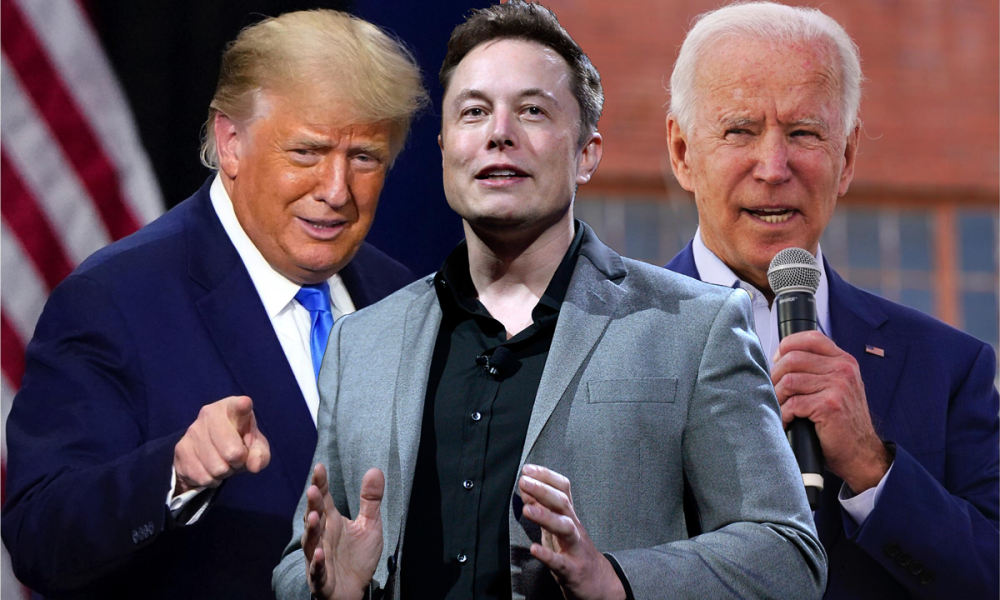In a recent tweet, Elon Musk highlighted the media’s inconsistent portrayal of President Joe Biden’s cognitive abilities. Just weeks ago, the media praised Biden as “sharp as a tack.” However, following his abrupt resignation as the Democratic nominee, allegedly without informing his staff, the narrative shifted dramatically. Now, Kamala Harris is being lauded as the ideal candidate.
This stark contrast in media coverage raises questions about the accuracy and motives behind such reporting. Are we witnessing a manipulation of public perception, or is it a reflection of deeper issues within the political sphere?
Elon Musk’s tweet underscores a critical issue: the media’s power to influence public opinion. When Biden was portrayed as mentally sharp, it aligned with a narrative beneficial to his administration. Yet, the sudden shift to support Kamala Harris suggests a reactive and potentially misleading approach to political coverage.
Concerns about Biden’s memory and cognitive health have been a recurring theme. The portrayal of his mental acuity often fluctuates based on political convenience. This inconsistency fuels speculation about the true state of his health and the extent to which the media is complicit in shaping a preferred political outcome.
With Biden’s departure, Kamala Harris has become the center of media attention. The rapid pivot to support her raises questions about the media’s objectivity and the possible orchestration behind these narratives. Is the media genuinely reflecting the best interests of the public, or are they manipulating perceptions to fit a predetermined agenda?
Elon Musk’s tweet serves as a reminder to critically evaluate media reports, especially regarding political figures. The shifting portrayal of Biden’s cognitive abilities and the sudden praise for Kamala Harris highlight potential biases and the need for a more transparent and objective media landscape.

